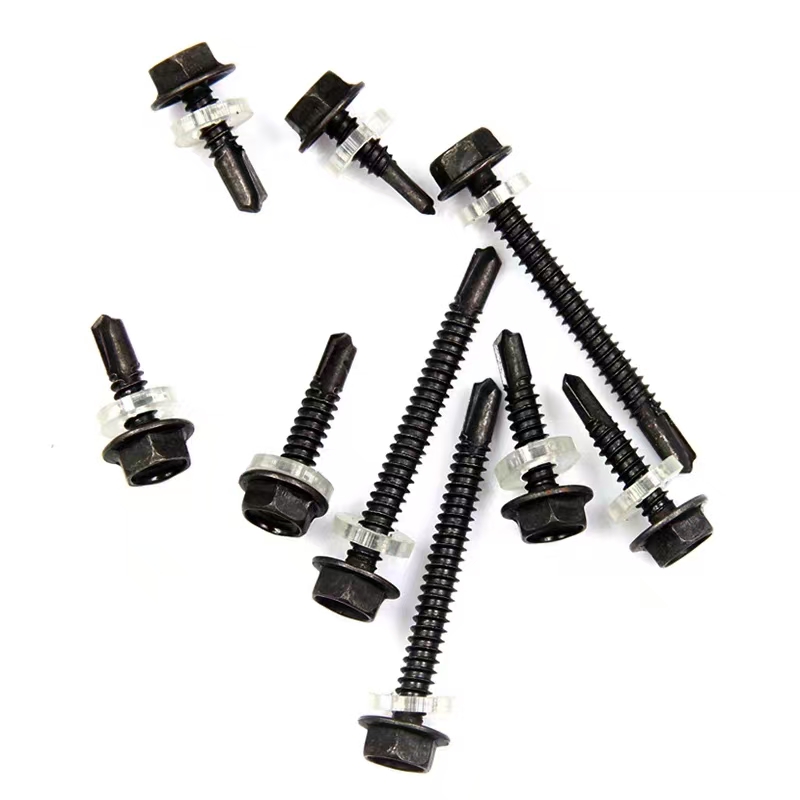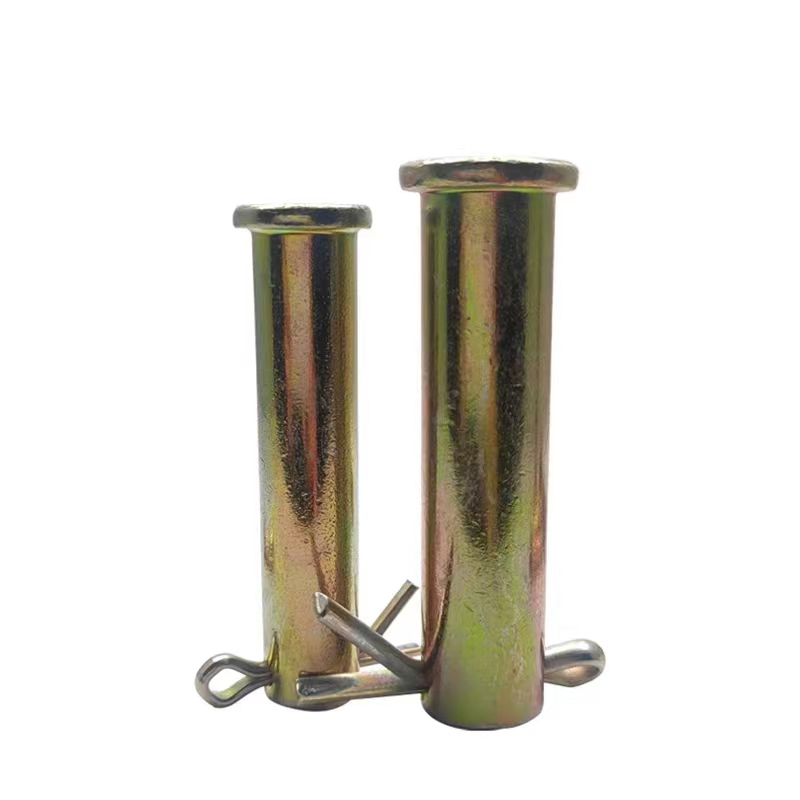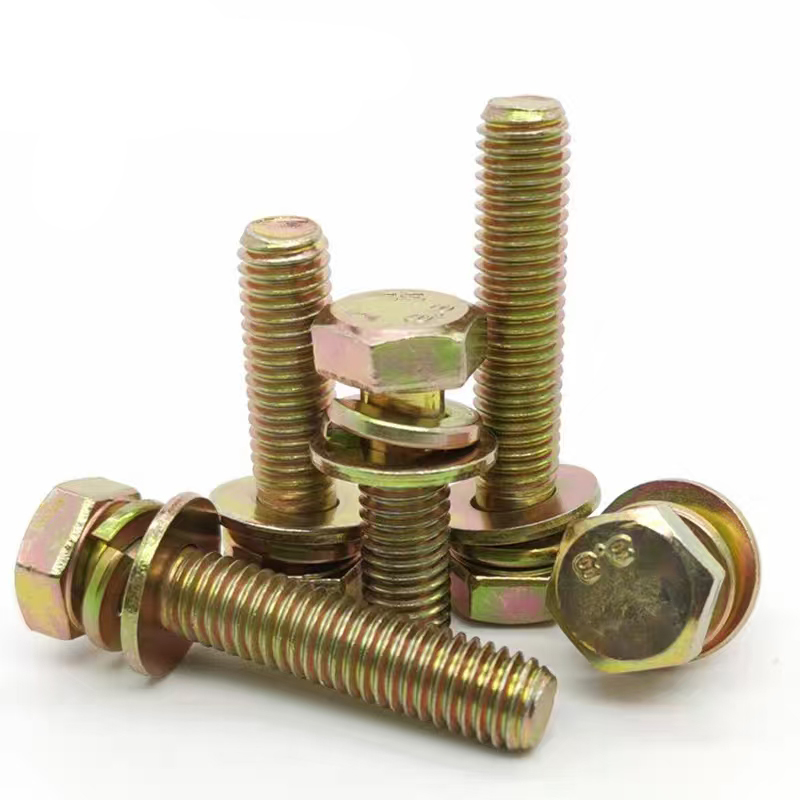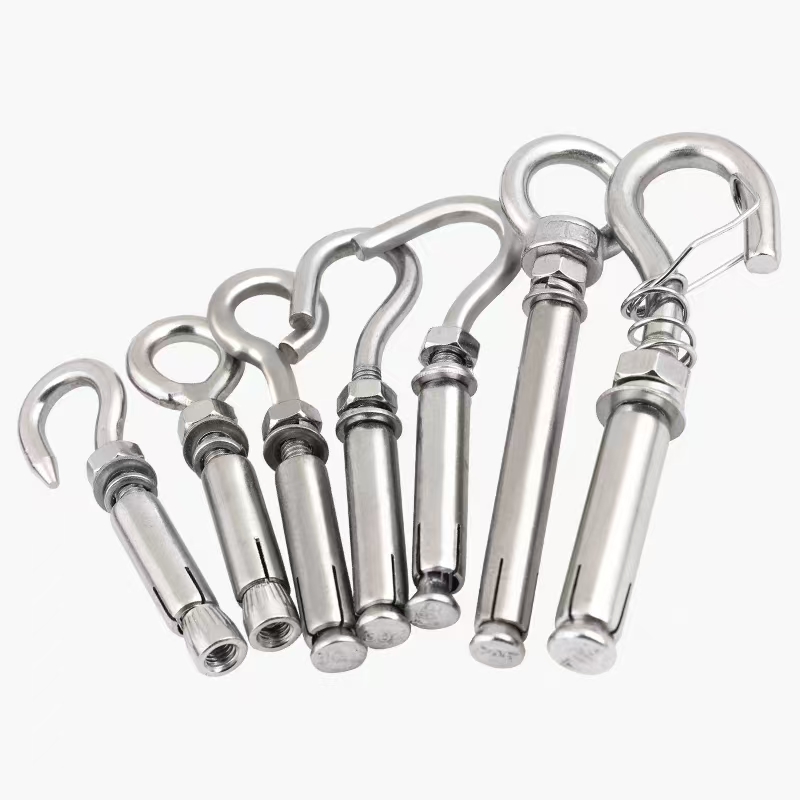- Chinese
- French
- German
- Portuguese
- Spanish
- Russian
- Japanese
- Korean
- Arabic
- Irish
- Greek
- Turkish
- Italian
- Danish
- Romanian
- Indonesian
- Czech
- Afrikaans
- Swedish
- Polish
- Basque
- Catalan
- Esperanto
- Hindi
- Lao
- Albanian
- Amharic
- Armenian
- Azerbaijani
- Belarusian
- Bengali
- Bosnian
- Bulgarian
- Cebuano
- Chichewa
- Corsican
- Croatian
- Dutch
- Estonian
- Filipino
- Finnish
- Frisian
- Galician
- Georgian
- Gujarati
- Haitian
- Hausa
- Hawaiian
- Hebrew
- Hmong
- Hungarian
- Icelandic
- Igbo
- Javanese
- Kannada
- Kazakh
- Khmer
- Kurdish
- Kyrgyz
- Latin
- Latvian
- Lithuanian
- Luxembou..
- Macedonian
- Malagasy
- Malay
- Malayalam
- Maltese
- Maori
- Marathi
- Mongolian
- Burmese
- Nepali
- Norwegian
- Pashto
- Persian
- Punjabi
- Serbian
- Sesotho
- Sinhala
- Slovak
- Slovenian
- Somali
- Samoan
- Scots Gaelic
- Shona
- Sindhi
- Sundanese
- Swahili
- Tajik
- Tamil
- Telugu
- Thai
- Ukrainian
- Urdu
- Uzbek
- Vietnamese
- Welsh
- Xhosa
- Yiddish
- Yoruba
- Zulu
- Kinyarwanda
- Tatar
- Oriya
- Turkmen
- Uyghur

China threaded u bolt
The Intricacies of China Threaded U Bolt Manufacturing
When it comes to the production of high-quality threaded U bolts in China, there are a few common misconceptions that frequently arise. Many assume that the process is entirely uniform across the industry, yet upon closer inspection, the complexities and variances become evident. This isn't just a simple manufacturing line task; it involves meticulous attention to detail and a substantial amount of industry know-how.
Understanding the Basics
The threaded U bolt, a staple in the fastener industry, is often thought of in basic terms—just a simple curved bolt. But there’s a lot more going on beneath the surface. The choice of materials, for instance, significantly impacts the functionality and durability of the product. In my experience, opting for a higher-grade steel can make all the difference, especially in applications involving high tensile stress.
Moreover, the thread quality is crucial. It needs to fit precisely, ensuring secure fastening. There's nothing more frustrating than a U bolt that won't properly grasp its counterpart due to poor threading. This is especially true in industries like construction or automotive where precision means safety.
Handan Zitai Fastener Manufacturing Co., Ltd., located in the largest standard part production base in China, exemplifies this commitment to quality. Their strategic location in Yongnian District provides them with logistical advantages, easing access to both raw materials and international shipping routes.
Material Considerations
In the world of threaded U bolts, not all materials are created equal. During a project I handled, we decided to use a lower-cost alloy to stay within budget. Bad move. The bolts corroded quickly, leading to expensive replacements. I learned quickly that investing in corrosion-resistant materials, like galvanized or stainless steel, is often worth the upfront cost.
Handan Zitai leverages their proximity to essential transport routes, like the Beijing-Guangzhou Railway, to source high-grade materials efficiently. This is a subtle advantage many outside the industry might overlook, but it's essential in maintaining a reliable supply chain.
For specialized applications, considering the specific alloy composition can yield significant performance improvements. This isn’t just science; it’s practical experience speaking.
The Production Process
Production isn't just about meeting quotas; it's about meeting standards. At Handan Zitai, the manufacturing process involves stringent quality checks at every stage. This isn't just a procedural necessity—it's a philosophy. Integrating such thorough inspections ensures that each U bolt produced can be trusted in critical applications.
During a plant visit, I noticed how certain processes, like hot-dip galvanization, were executed with precision. It's an aggressive process but necessary for certain environmental conditions. Watching the meticulous application reaffirmed my belief in hands-on supervision during production.
Moreover, their location in the Hebei Province, adjacent to key highways and expressways, facilitates swift movement of finished goods, a logistical detail many manufacturers envy.
Challenges in the Industry
Even with perfect execution, challenges abound. One major issue is maintaining thread integrity during shipment. I remember a particularly vexing batch we received; the threads were marred from transit. Solutions? Enhanced packaging and revised handling protocols.
Handan Zitai Fastener Manufacturing Co., Ltd. excels in addressing these logistical issues, using efficient transport channels to reduce transit time and potential thread damage.
Lastly, there's the issue of balancing cost and quality. It's tempting to cut corners, but in the long run, it never pays off. Diligence and a focus on quality control are essential.
Conclusion: Lessons Learned
In conclusion, the production of China threaded U bolts is more intricate than many realize. From choosing the right materials to ensuring a flawless production process, each step requires a blend of expertise and experience. Handan Zitai's location and approach offer them unique advantages, making them a standout in the industry.
For those entering the market, understanding these nuances can make the difference between a reliable product and one that fails under pressure. It's these lived experiences, these lessons learned, that truly define success in the fastener manufacturing world.
Related products
Related products
Best selling products
Best selling products-
 Basket bolts
Basket bolts -
 Colored zinc-plated gaskets
Colored zinc-plated gaskets -
 Electrogalvanized expansion bolts
Electrogalvanized expansion bolts -
 Stud bolts
Stud bolts -
 Electroplated galvanized flange nut (flange face nut)
Electroplated galvanized flange nut (flange face nut) -
 Electrogalvanized cross countersunk drill thread
Electrogalvanized cross countersunk drill thread -
 Black zinc-plated hexagonal drill tail wire
Black zinc-plated hexagonal drill tail wire -
 Colored zinc-plated pins
Colored zinc-plated pins -
 Butterfly bolts
Butterfly bolts -
 Colored galvanized hexagonal drill tail wire
Colored galvanized hexagonal drill tail wire -
 Colored zinc plated hexagonal bolts
Colored zinc plated hexagonal bolts -
 Colored zinc-plated cross countersunk drill thread
Colored zinc-plated cross countersunk drill thread












